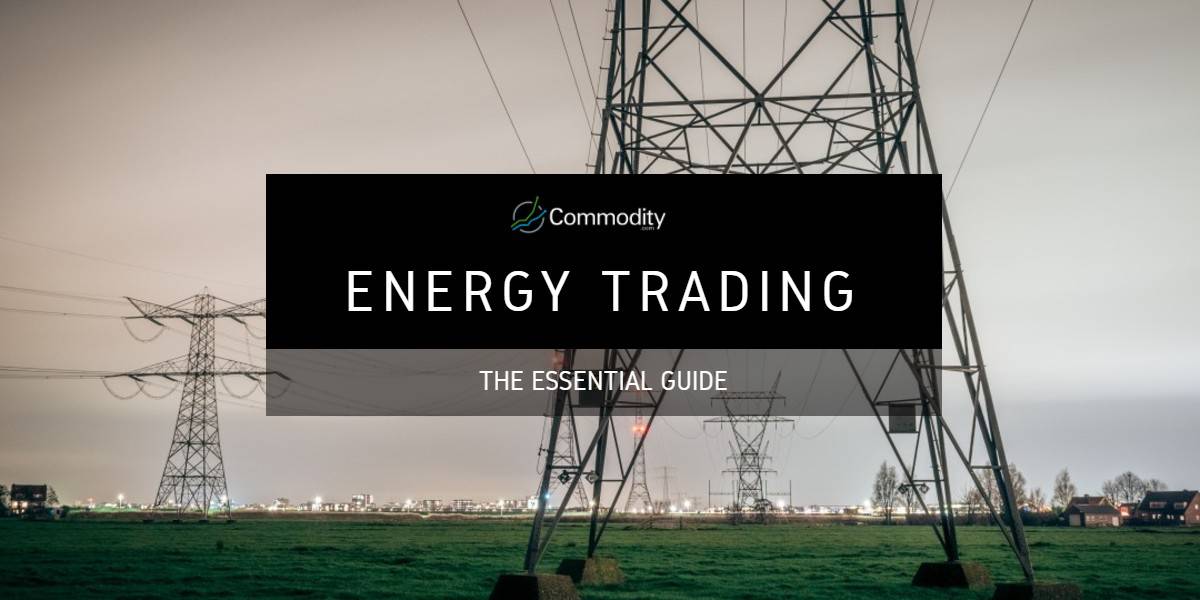The global energy landscape is constantly evolving, driven by fluctuating supply and demand, geopolitical events, and technological advancements. Amidst this dynamic environment, energy futures options trading has emerged as a critical tool for managing risk and capturing opportunities in the energy sector. This comprehensive guide delves into the intricacies of energy futures options trading, empowering traders and investors with the knowledge to navigate the complexities of the energy markets.

Image: commodity.com
Introduction to Energy Futures Options
Energy futures options are financial contracts that provide buyers (holders) the option but not the obligation to buy or sell a designated amount of an energy commodity, such as crude oil, natural gas, or electricity, at a predetermined price on a future date. These contracts serve as a valuable instrument for managing price risk by allowing traders to secure a future price for their transactions.
Basic Concepts of Energy Futures Options Trading
1. Futures Contract: A binding agreement to buy or sell a specific quantity of an energy commodity at a set price on a specified future date.
2. Option: A derivative that grants the holder the right but not the obligation to buy (call option) or sell (put option) the underlying asset at a predetermined price (strike price) before or on a certain date (expiration date).
3. Expiration Date: The date on which the option contract expires, rendering the option either in-the-money or out-of-the-money.
Types of Options Contracts
1. Calls: Give the holder the right to buy an underlying asset at a fixed price (strike price).
2. Puts: Grant the holder the right to sell an underlying asset at a fixed price (strike price).
Strategies in Energy Futures Options Trading
1. Hedging: Using options to reduce risk exposure to price fluctuations in the underlying energy commodity.
2. Speculation: Trading options with the aim of profiting from price movements in the energy markets.
3. Arbitrage: Capitalizing on price discrepancies between different energy commodities or markets to generate returns.
Benefits of Energy Futures Options Trading
1. Risk Management: Hedging strategies can mitigate price fluctuations in the underlying energy commodity, protecting traders from losses.
2. Price Flexibility: Options allow traders to secure future prices for energy purchases or sales, mitigating exposure to spot market volatility.
3. Speculative Opportunities: Options provide the ability to profit from anticipated price movements in the energy markets.
Conclusion
Energy futures options trading is a sophisticated instrument that requires a thorough understanding of energy markets and options contract mechanics. By grasping the concepts presented in this guide, traders and investors can effectively manage risk, capitalize on market opportunities, and navigate the complexities of the energy sector. As the energy landscape continues to evolve, energy futures options trading will remain a crucial tool for managing risk and harnessing opportunities in this vital and ever-changing market.

Image: medium.com
Energy Futures Options Trading

Image: www.thearnoldcos.com






